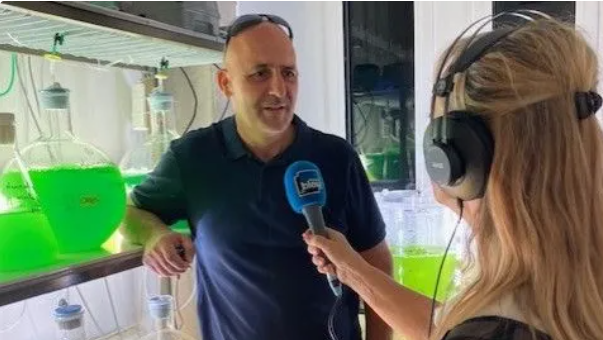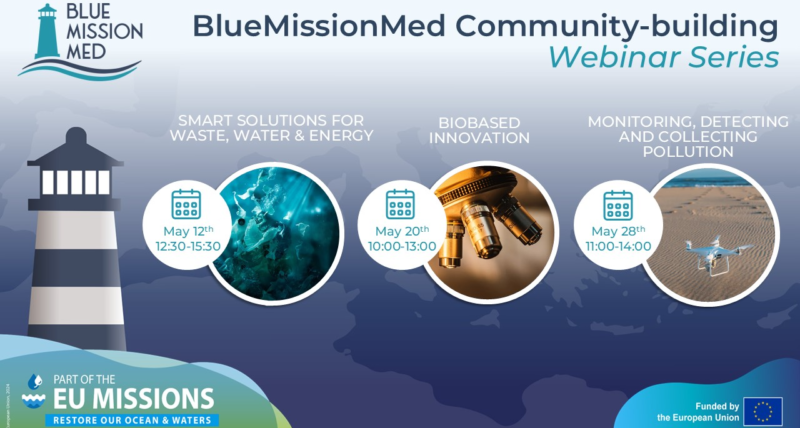Time is running out for our coastlines
As the international community gathers for COP30 in Brazil, science leaves no room for doubt: oceans are warming, coastlines are retreating, and marine ecosystems are deteriorating at an alarming rate.
In Africa—where thirty-eight out of fifty-four countries are coastal—these disruptions threaten local economies and the security of millions of families.
Inaction is no longer an option.
The blue economy is not an abstract concept: it is a forward-looking strategy rooted in scientific knowledge, technological innovation, and responsible governance.
It offers the possibility of building new prosperity—respectful of nature, inclusive for communities, and sustainable for future generations.
Grand-Bassam: A City of Commitment and Dialogue
In Grand-Bassam, we have chosen to listen to science—yet also to our citizens.
As mayor, I have made it a priority to anchor public decisions in citizen participation. The dialogue frameworks we initiated—through community meetings and Youth Conferences—allow young people to share their priorities, propose solutions, and envision their future.
These exchanges, covering themes as varied as the environment, employment, education, and culture, shape our municipal action.
They reveal a generation that is aware, responsible, and eager to contribute to sustainable and inclusive development. By giving young people a voice, we give a voice to the future.
Making the Ocean an Ally for Development
Our future is inseparable from the ocean.
The blue economy represents a development model centered around coastal resources: sustainable artisanal fisheries, ecotourism, marine energies, lagoon transport, and training for ocean-related professions.
In Grand-Bassam, we aim to build a pilot blue-economy project at the local level, in synergy with national and international actors. Our ambition is to demonstrate that an African coastline can combine economic growth, social inclusion, and ecological responsibility—and that a model emerging from the Ivorian coast can inspire the entire continent.
The ocean must no longer be seen as a danger or a limit, but as a driver of prosperity and a pillar of sovereignty.
A Dual Commitment: Local and Institutional
But our commitment must go further.
Grand-Bassam is currently the only Ivorian city equipped with an Agenda 21, and we are finalizing a Strategic Local Development Plan integrating an Agenda 21 section aligned with the commitments made at the Rio Earth Summit.
This plan—whose backbone is sustainable development—encompasses climate-mitigation actions across multiple municipal programs: waste management, coastal and estuary development, lagoon mobility, plastic-waste recovery, renewable energy for public lighting, and biodiversity conservation.
In parallel, within SODEXAM, which I lead as Director General, concrete mitigation efforts are underway through our corporate social responsibility policies.
We are modernizing our infrastructure, reducing emissions, and building partnerships for greener meteorology in support of adaptation and resilience strategies. But to go further, we need a clear framework, a shared vision, and strong political will.
Reinventing Environmental Governance
Climate challenges will not be met with speeches, but with governance based on shared responsibility.
Our cities must now weave together political decision-making, scientific knowledge, and citizen action.
As Vice-President of the Global Mayors Coalition for the Ocean, I advocate for an African ocean governance built on three pillars:
- science as a compass,
- youth as a driving force,
- cooperation as a catalyst.
Only then will our public policies become tools of anticipation rather than reaction—and only then will a “Blue Côte d’Ivoire” claim its rightful place among sustainable nations worldwide.
The Ocean: A Common Good We Must Defend
Our oceans are the invisible lungs of the planet.
They require neither pity nor panic, but clarity and courage. The sea is not a boundary—it is a future.
And that future begins with a clear commitment: to listen to science, invest in the blue economy, and make environmental governance a national priority.
But beyond heads of state and governments, every company, municipality, and citizen must act at their own level to confront the effects of climate change.
It is through the sum of our individual and collective commitments that we can reverse the trajectory and protect what truly matters.
Because in protecting the ocean, we protect our humanity.
Source: fratmat




